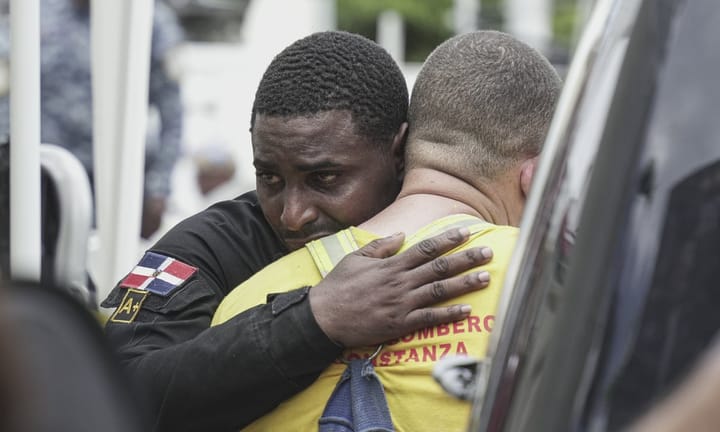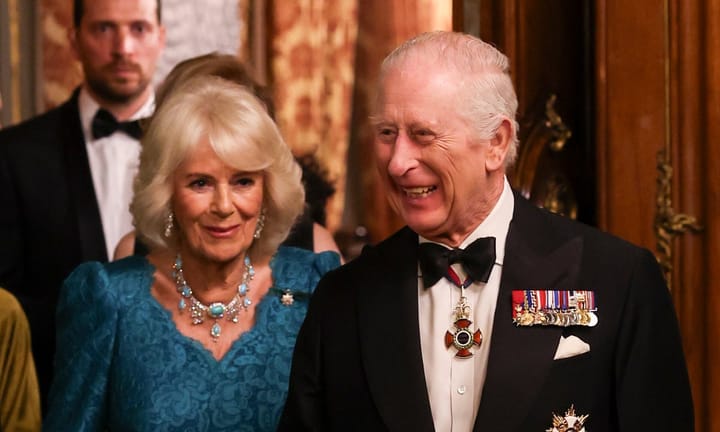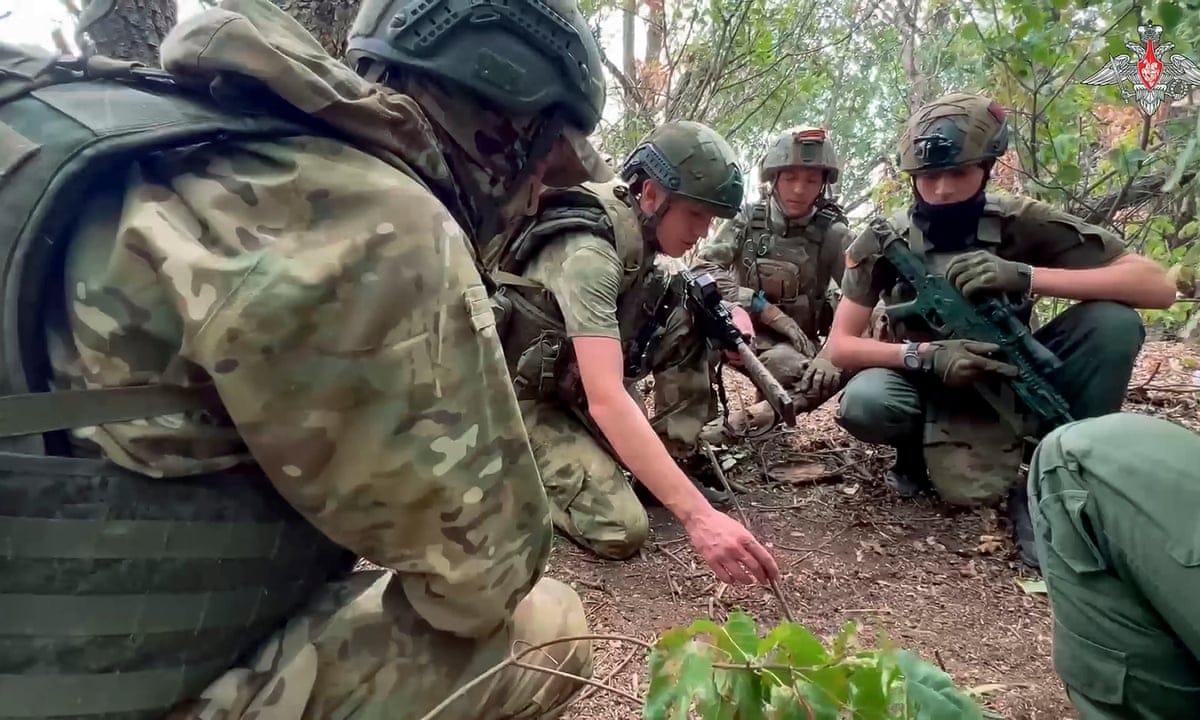Six Russian servicemen who left the conflict in Ukraine have been granted temporary visas as they seek political refugee status in France, marking a notable instance of such deserters being accepted into an EU nation without previously having formal travel documents or foreign passports.
The men arrived independently over recent months after initially fleeing to Kazakhstan following Russia's 2022 invasion of Ukraine, according to the organization supporting their escape and firsthand accounts from those who left behind active duty roles in the conflict.
“Upon arrival here I felt a sense of relief; it was like stepping into fresh air after being trapped for too long,” shared Alexander (a pseudonym), an ex-Russian contract soldier, with The Guardian during our exclusive interview about his life post desertion over two years ago amidst the tumultuous situation.
Despite Russia’s invasion of Ukraine prompting thousands to abandon or refuse their military duties as reported by rights groups and organizations that assist in these desperate departures from home countries, Western nations have grappled with decisions on how best for such deserters: recognizing them as victims who sought escape; potential security threats; or even possible war criminals.
While various EU states contemplated extending refuge to Russian desertions, no definitive resolution has been established and securing a haven proves challenging without proper identification documents usually required for travel outside one's own nation - an issue these deserters faced as they sought solace beyond their homeland borders. Yet the first group of six soldiers who managed this was France; becoming part of Europe’s response, if only temporarily until further decisions are made about a more permanent resolution to such extraordinary circumstances caused by global conflicts like that in Ukraine today.
“These men arrived here without identification or passports - it's the first time an EU country has allowed entry for these deserters lacking formal documentation,” said Ivan Chuvliaev, spokesperson of Go By The Forest – a group helping Russian soldiers who deserted return home to Europe.
Trapped between their past loyalties and future freedoms without any identification or financial means in countries bordering Russia like Kazakhstan where they've been living undocumentedly, the desperation became too much for some deserters leading them towards escape options into Western nations which often involve immense risk of getting caught by authorities back home.
This has spurred intensified calls from anti-war activists advocating sanctuary through granting asylum – a gesture that could potentially inspire more Russian soldiers to follow suit should they find themselves trapped between loyalties and fears for their future, like Alexander's YouTube channel urging other deserters towards similar paths of escape.
Chuvliaev’s organization has been instrumental in assisting over 2000 such individuals seeking refuge abroad with extensive cooperation from French authorities along the way – each candidate undergoing rigorous assessment for consistent anti-war attitudes before being admitted into France, thus setting an encouraging precedent.
Despite Russia’s determined efforts to locate and penalize those who leave through punishing laws including up to 15 years imprisonments or property confiscation; even with these measures in place some have still chosen the risk of fleeing internationally, resulting in numerous reported cases within Kazakhstan alone as well as abroad such incidents involving Russian intelligence officers and pilots.
The reality is that Russia has not shied away from using harsh methods including holding dissenting servicemen against their will for refusing to fight – an approach further underscored by recent reports about 'holes' where captive soldiers were allegedly held as punishment until they succumbed or capitulated.
Alexander expressed his hope that more ex-servicemembers would reach out seeking this kind of help, knowing the struggles faced and not wanting anyone else to endure such a fate alone - “I understand their predicament; we should offer them some comfort during these trying times.”
Read next

Dominican Republic halts rescue efforts following devastating ceiling failure at nightclub incident
Rescue teams in the Dominican Republic on Wednesday concluded their search for survivors following a catastrophic nightclub roof collapse—this marks one of its most tragic disasters over recent years, with confirmed death toll rising beyond 180 individuals within this Caribbean nation.
Authorities announced an additional count of 60 fatalities

Angelica Huston Discloses Past Cancer Diagnosis; Now Fully Recuperated and Clear of Disease
Anjelica Huston disclosed her cancer diagnosis six years ago after the release of her 2019 film John Wick: Chapter 3 – Parabellum. The actress prefers not to divulge specific details about the type of cancer she faced but expressed pride in overcoming this serious health challenge, which required significant changes to

Royal Visit: King Charles and Queen Camilla Surprise Papal Counterpart at Recovery
The British monarch Charles and his consort Camilla paid an unexpected visit to Pope Francis during their four-day official trip across Italy.
They met with the pontiff at his residence within Casa Santa Marta inside Vatican City where he recovers from a severe lung infection caused by pneumonia, which had

